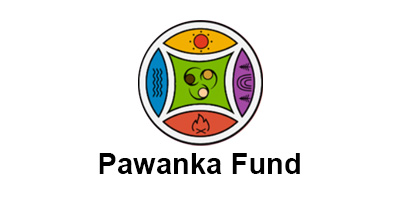Emergency support for the protection of marginalized section in the corona crisis of Bangladesh
Background
Like many places in the world, Bangladesh potentially faces a major challenge with regard to the COVID-19 crisis. As of April 20, there are a total of 2,948 confirmed cases, 85 recoveries, and 101 deaths in the country. It is now at stage 3 spreading at community level. To contain the spread of the pandemic coronavirus, the Bangladesh government announced holidays and imposed a nationwide shutdown on March 26 now extended until April 25. Against this backdrop low income people, including day laborers, have become hard-pressed because of the shutdown, resulting in a halt in economic activities.
Millions of people in the country have recently lost their income for their daily basic necessities amid the coronavirus crisis. With reductions in sources of income, the number of people, including families with children, going hungry is rising at an alarming rate.
Some villages are being left out due to lack of information. In the village, the food supplies are given to a few families and some needy families are being left out. Moreover, the quantity of food aid in the package is not sufficient for the survival for the whole crisis days. The issues of children, pregnant women, elders, persons with disabilities and illness, small farmers and shifting cultivators are not much addressed in the food aid programme. Therefore, it is important to provide information about the government and non-government services to the indigenous villages so that they can ask for support for their concerns.
Due to the locked down situation, people are getting chances to stay at home and interact with the family members. As the situation continues, it is gradually having impacts on the family relationship, i.e., increase of VAW, which may have negative impacts to the society.
Lots of rumors spread around the communities about virus prevention and dealing with persons coming from outside to the communities in the COVID-19 pandemic. Due to lack of proper information, the people are being harassed and discriminated within the community and that is also adding fuel to the complex village conflict dynamics and possible increase of tension within the community.
There are also challenges to stop spreading the virus inside the communities. As time is passes, the number of virus-infected patients are also increasing. Due to closure of garments factories, large numbers of the workers went back to their villages, which increased the risk of spreading the virus in the communities. Therefore, awareness is very important in the communities.
Project Objective
To provide emergency support to the marginalized in the vulnerable indigenous peoples areas for strengthening the advocacy initiatives toward protection of their rights under the corona crisis.
Partner
Tarum Development Organization (TDO), Bangladesh
Target Beneficiaries
The emergency food aid will be targeted to 200 families from almost 31 indigenous peoples villages in all over Bangladesh. It will cover around 13 indigenous groups from CHT and plain. The indigenous groups are Khumi, Khiyang, Mro, Tanchnagya, Bawm, Pankua, Tripura, Marma and Chakma from CHT and Rakhaine, Urao, Santal, Munda and Barman groups from plain land. It will cover around 06 districts of Bangladesh. The total population of 31 villages is around 10,337 (5,246 male and 5,091 female, 1714 children, around 464 shifting cultivators; 171 families landless; 214 daily labourer) and around 2171 households.


